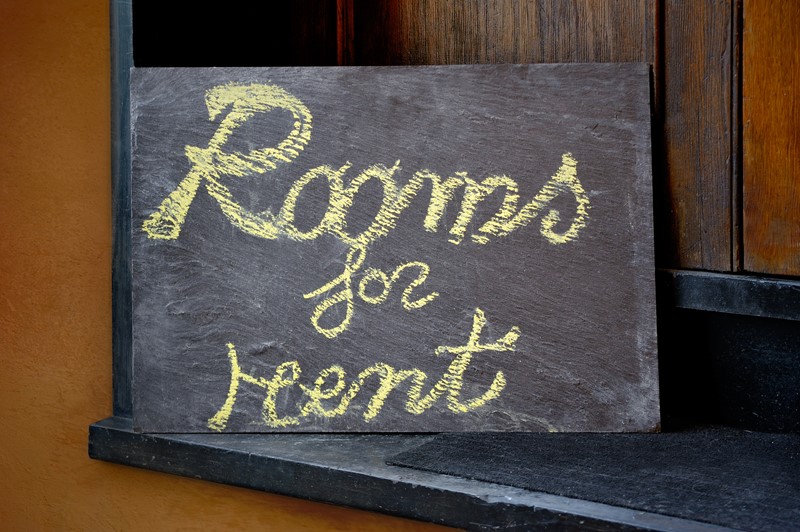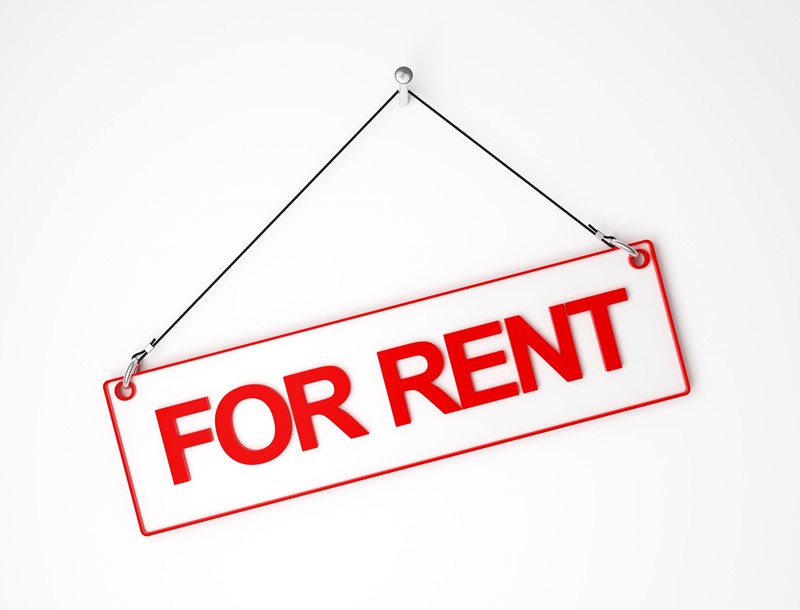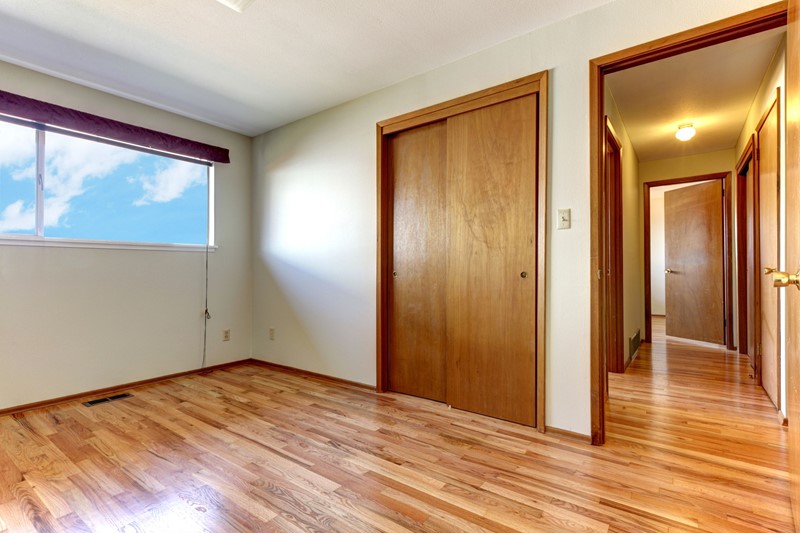The rent-a-room scheme is a set of special rules designed to help homeowners who rent-a-room in their home. If you are using this scheme, you should ensure that rents received from lodgers during the current tax year do no exceed £7,500. The tax exemption is automatic if you earn less than £7,500 and there are no specific tax reporting requirements. If required, homeowners can opt out of the scheme and record property income and expenses as usual.
To qualify for this relief, homeowners must be resident in the house whilst rooms are sub-let.
The relief applies only to the letting of furnished accommodation and can be used when a bedroom is rented out to a lodger by homeowners in their home. The relief also simplifies the tax and administrative burden for those with rent-a-room income up to £7,500. The limit is reduced by half if the income from letting accommodation in the same property is shared by a joint owner of the property.
The rent-a-room limit includes any amounts received for meals, goods and services provided, such as cleaning or laundry. If gross receipts are more than the limit, taxpayers can choose between paying tax on the actual profit (gross rents minus actual expenses and capital allowances) or the gross receipts (and any balancing charges) minus the allowance – with no deduction for expenses or capital allowances.





Recent Comments